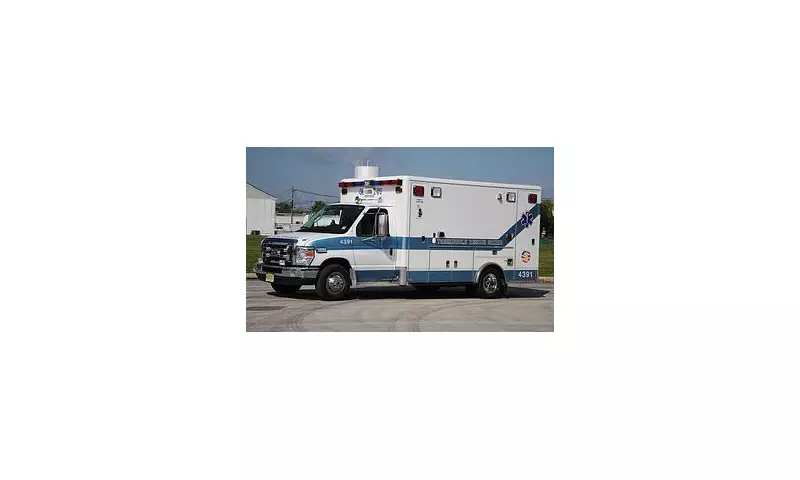
A quiet New Jersey community has been plunged into a public health crisis following a shocking council decision to withdraw crucial funding from its ambulance services, effectively leaving residents without guaranteed emergency medical response from the new year.
Emergency Services Cut Amid Budget Dispute
The dramatic move came during a tense town council meeting where officials voted to eliminate financial support for the life-saving service. This decision means the local ambulance corps will cease operations entirely from January 1st, creating a dangerous gap in emergency medical coverage for the entire community.
Council members defended their position by citing budgetary constraints and ongoing disputes with the ambulance service's leadership. However, critics have slammed the move as "dangerously irresponsible" and a "potential death sentence" for vulnerable residents.
Residents Left in Medical Limbo
The implications are stark: from New Year's Day, residents facing medical emergencies, from heart attacks to serious accidents, will no longer have guaranteed access to locally-based emergency medical technicians. Instead, they must rely on ambulance services from neighbouring towns, significantly increasing response times during critical moments.
"When someone calls 911 with a medical emergency, every second counts," explained one concerned emergency responder. "Adding extra minutes to response times could literally mean the difference between life and death for some patients."
Community Outrage and Legal Challenges
The decision has sparked outrage among residents and healthcare professionals alike. Many have expressed disbelief that such a vital service could be eliminated without a concrete backup plan in place.
Local advocacy groups are exploring legal options to challenge the council's decision, while community organizers have begun petitioning for an emergency reversal of the vote. The situation has drawn attention from regional health authorities who are monitoring what they describe as an "unprecedented public health risk."
National Implications for Emergency Services Funding
This crisis in New Jersey highlights broader challenges facing emergency medical services across the United States. Many EMS providers struggle with inadequate funding, staffing shortages, and increasing operational costs, creating vulnerabilities in what should be a fail-safe public safety net.
As the January 1st deadline approaches, all eyes remain on this New Jersey community whose experience may serve as a cautionary tale for other municipalities considering similar cuts to essential services.





